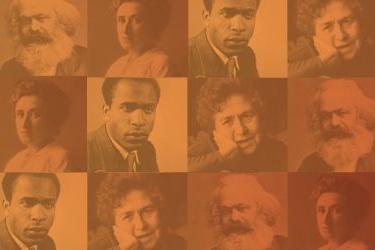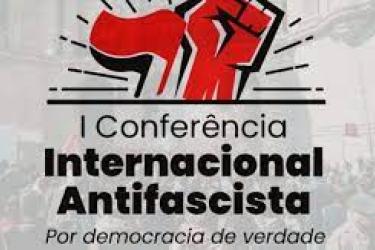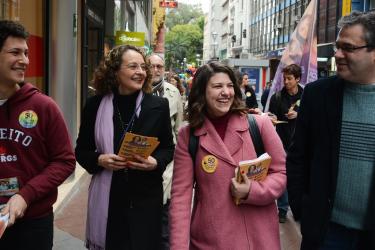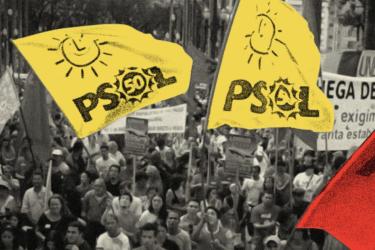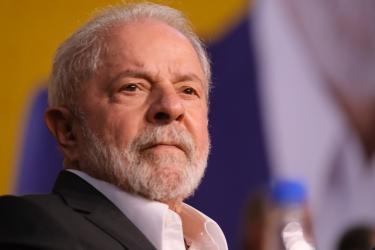Workers Party (Brazil)
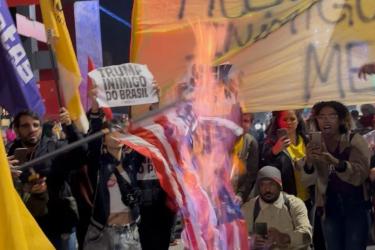
Brazil: A major political change
Israel Dutra — The anti-imperialist struggle has gained strength as a result of the attacks by Trump and his far-right allies in Brazil.

Call for 1st International Antifascist Conference
Socialism and Liberty Party, Workers’ Party and Communist Party of Brazil will host a global gathering in Porto Alegre to organize and debate how to build a movement to confront the far-right.

The 1st International Antifascist Conference will take place in Porto Alegre in 2025
Following its cancellation due to the floods in Porto Alegre in May 2024, the 1st International Antifascist Conference will take place next year in the capital of Rio Grande do Sul.
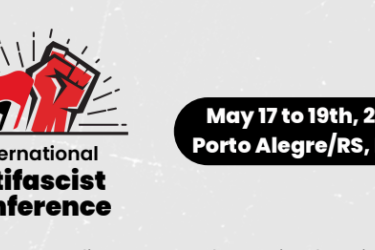
I International Antifascist Conference: May 17-19, Porto Alegre, Brazil
From the initiative of PSOL and PT from Rio Grande do Sul, we call on international anti-fascist movements to open a dialogue that can confront the destruction that is being carried out by the far right.
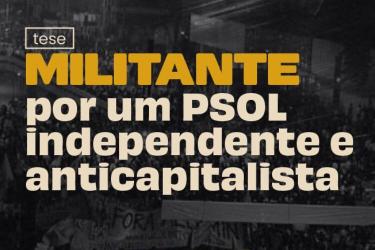
Socialist Left Movement (MES): For an independent and anti-capitalist PSOL
The following thesis has been submitted by the Socialist Left Movement (MES) and its allies for discussion at the PSOL's 8th Congress.
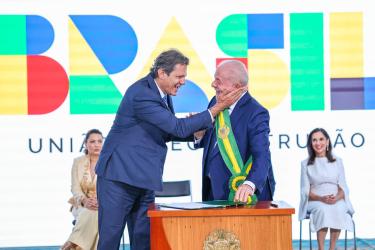
Israel Dutra (MES/PSOL): A week of polemics in Brazil
Israel Dutra — Our tactic must be to combine the struggle against the far right with defending PSOL's independence.
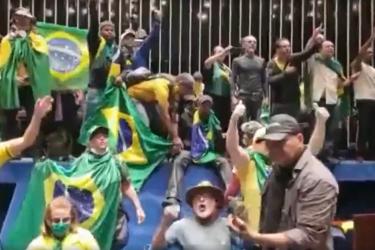
Brazil's 'Capitol Hill riots’: Confront the fascists, without truce or amnesty
Israel Dutra & Roberto Robaina - We will take to the street demonstrations, raising the flag that there be no forgiveness for those responsible of genocide and coup-plotters. Without amnesty and with the maximum democratic mobilization.
